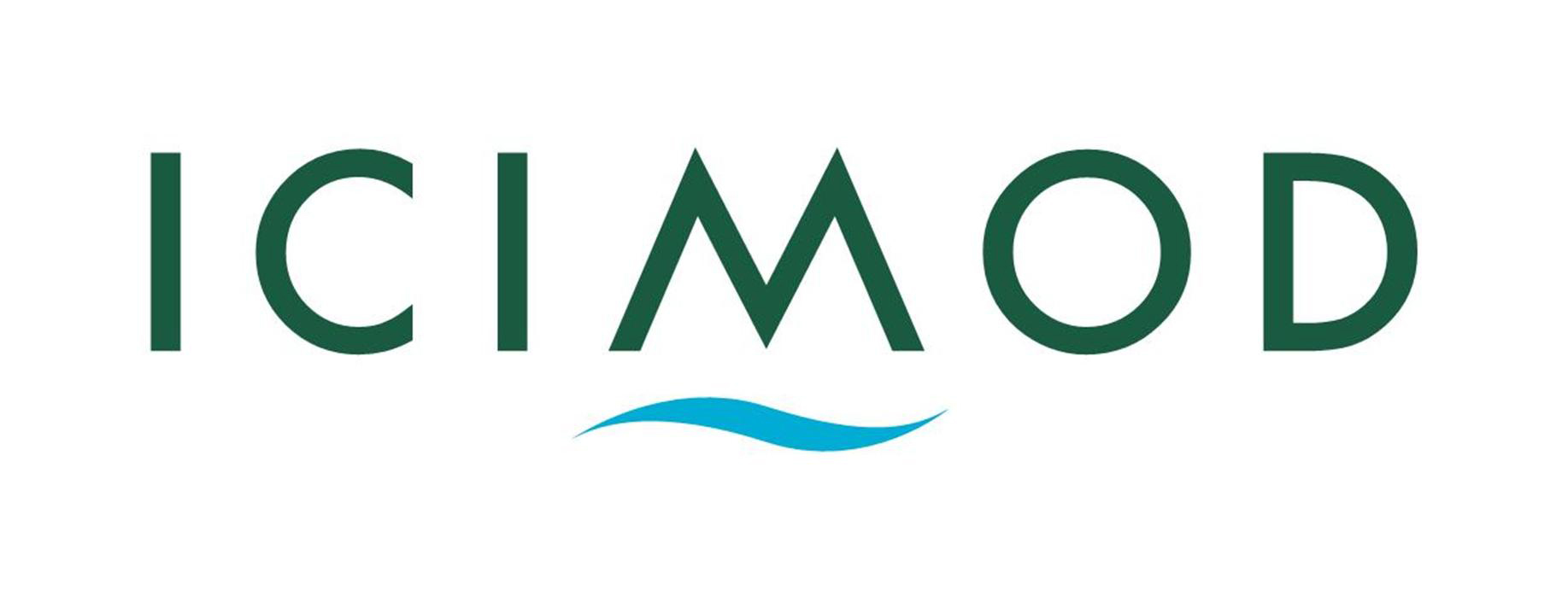Flash flood risk management: a training of trainers manual
View results in:
https://reliefweb.int/sites/reliefweb.int/files/resources/icimod-flash_flood_risk_management.pdf
Countries:
Region:
ISBN:
978-92-9115-222-3
Provider:
Licensing of resource:
Not open / All rights reserved
Type:
capacity development tools
Author(s):
Shrestha, A. B.
Chapagain, P. S.
Thapa, R.
Publisher(s):

Description:
This Training of Trainers Manual is designed to help build the capacity of trainers in flash flood risk management, who can then disseminate the knowledge to a larger number of practitioners. The manual presents an eight-day course including a three-day field trip. Detailed lesson plans for 21 sessions are followed by resource materials that will enable the trainers to replicate the course in their own work areas. Designed for participants with a basic knowledge of flash flood risk assessment and management, the manual focuses on developing understanding of the types, causes, and impacts of flash floods; flash flood hazards, vulnerability, risk assessment, and management methods; the role of local knowledge and gender perspectives in flash flood risk management; participatory social hazard mapping techniques; concepts and methods for an integrated approach to flash flood risk management; the full range of risk management measures for specific types of flash floods; legal and institutional aspects; and modelling tools. It is hoped that the publication will contribute meaningfully towards reducing disaster risk and providing greater physical security for the people of this vulnerable region.
Publication year:
2011
Related Resources
The New Harvest. Agricultural Innovation in Africa
African agriculture is currently at a crossroads, at which persistent food shortages are compounded by threats from climate change. But, as this book argues, Africa can feed itself in a generation and help contribute to global food security. To achieve...
Publication year:
2015Author(s):
Juma, C.
- Link to web resource
Ten years of promoting farmer-led innovation
This report provides a synthesis of all findings and information generated through a “stocktaking” process that involved a desk study of Prolinnova documents and evaluation reports, a questionnaire to 40 staff members of international organizations in agricultural research and development (ARD),...
Publication year:
2016Author(s):
PROLINNOVA International Secretariat
- Link to web resource
Les jeunes et l’agriculture
Cette publication offre de nombreux exemples concrets détaillant différentes manières de réengager les jeunes dans le secteur agricole. Elle montre à quel point des programmes éducationnels sur mesure peuvent offrir aux jeunes les compétences et la perspicacité nécessaires pour se...
Publication year:
2014- Link to web resource
Cadre commun de travail pour le renforcement des capacités des systèmes d’innovation agricole - Note d’orientation sur l’opérationnalisation
La «Note d'Orientation sur l'Opérationnalisation» récapitule brièvement les fondements conceptuels et les principes du Cadre commun de travail pour le renforcement des capacités des systèmes d'innovation agricole et fournit également un guide détaillé de l'opérationnalisation de l'approche à Double Entrée...
Publication year:
2016Author(s):
Tropical Agriculture Platform (TAP)
- Link to web resource
Plan de renforcement des capacites dans le domaine agricole pour la reduction de la pauvrete au Cameroun
L’objectif de ce travail est de proposer un plan de formation des différents catégories d'acteurs (à identifier) dans le but d'apporter une contribution significative au renforcement de capacité dans chaque pays et dans la sous-région. Des actions précises visant à...
Publication year:
2005Author(s):
Zingui M. X.
Achancho V.
- Link to web resource
